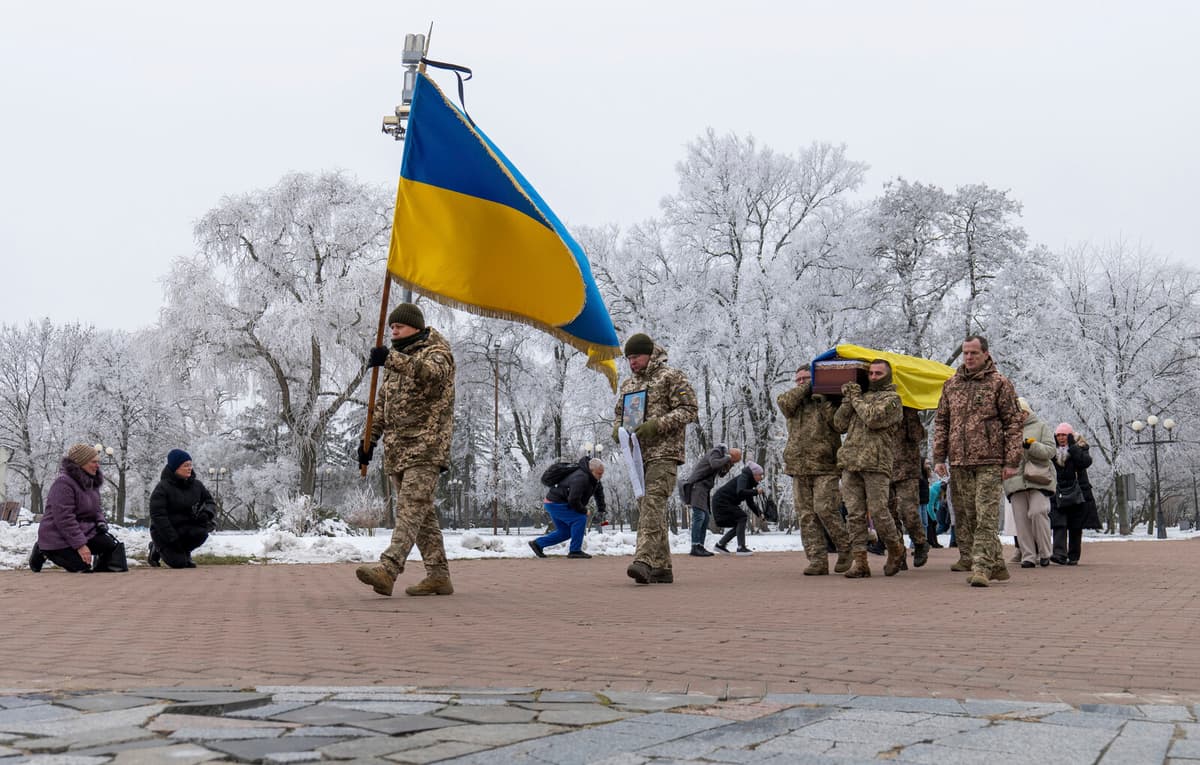Volodymyr Zelenskyj opened up in an interview with British Sky for talks about a ceasefire in exchange for NATO membership.
It's the first time the Ukrainian leadership indicates towards a ceasefire. But there is still a huge difference between that plan and the one Keith Kellogg has, says researcher Oscar Jonsson.
He is referring to the fact that the USA's incoming president Donald Trump wants to see the former national security adviser Keith Kellogg as the new Ukraine and Russia envoy.
Kellogg's plan is to demand that Kyiv participates in peace agreements if the USA's weapons support is to continue, that a NATO membership is put on hold and the front line is frozen, according to CNN.
In the worst case, Ukraine is forced to accept a deal that Russia can simply ignore when it suits them in a year or two.
Appears to Accept
According to Jonsson, Russia has a history of exploiting previous ceasefires to replenish soldiers and material, only to attack when the situation is favorable.
But if Zelenskyj gets security guarantees from the entire NATO, I would say that then the risk of a new war is substantially reduced. It is much more important than the 20 percent of Ukraine that is under Russian control.
Zelenskyj appears in the Sky interview to accept the idea of a ceasefire where the Russian-occupied areas are not immediately returned or covered by NATO guarantees, and that the occupied areas of Ukraine will be returned through "diplomatic means".
It is important for Ukraine to be proactive. When the Trump administration is going to force a peace agreement, it's not just about saying no, but you have to try to have a counteroffer, says Jonsson.
High Russian Price
The likelihood of a ceasefire with NATO membership is quite low, according to Jonsson. Neither the USA nor Russia wants to see any Western security guarantees.
But what would force both Russia and Ukraine to the negotiating table is the price the countries have to pay to continue the war. Ukraine has continuously lost ground over the past few months, but at a high Russian price.
Right now, Russia is taking greater losses than they can replace in personnel. The military-industrial production has leveled out. Russian military capability is declining and will get worse in six months, while the Russian economy is going very badly, says Jonsson.






